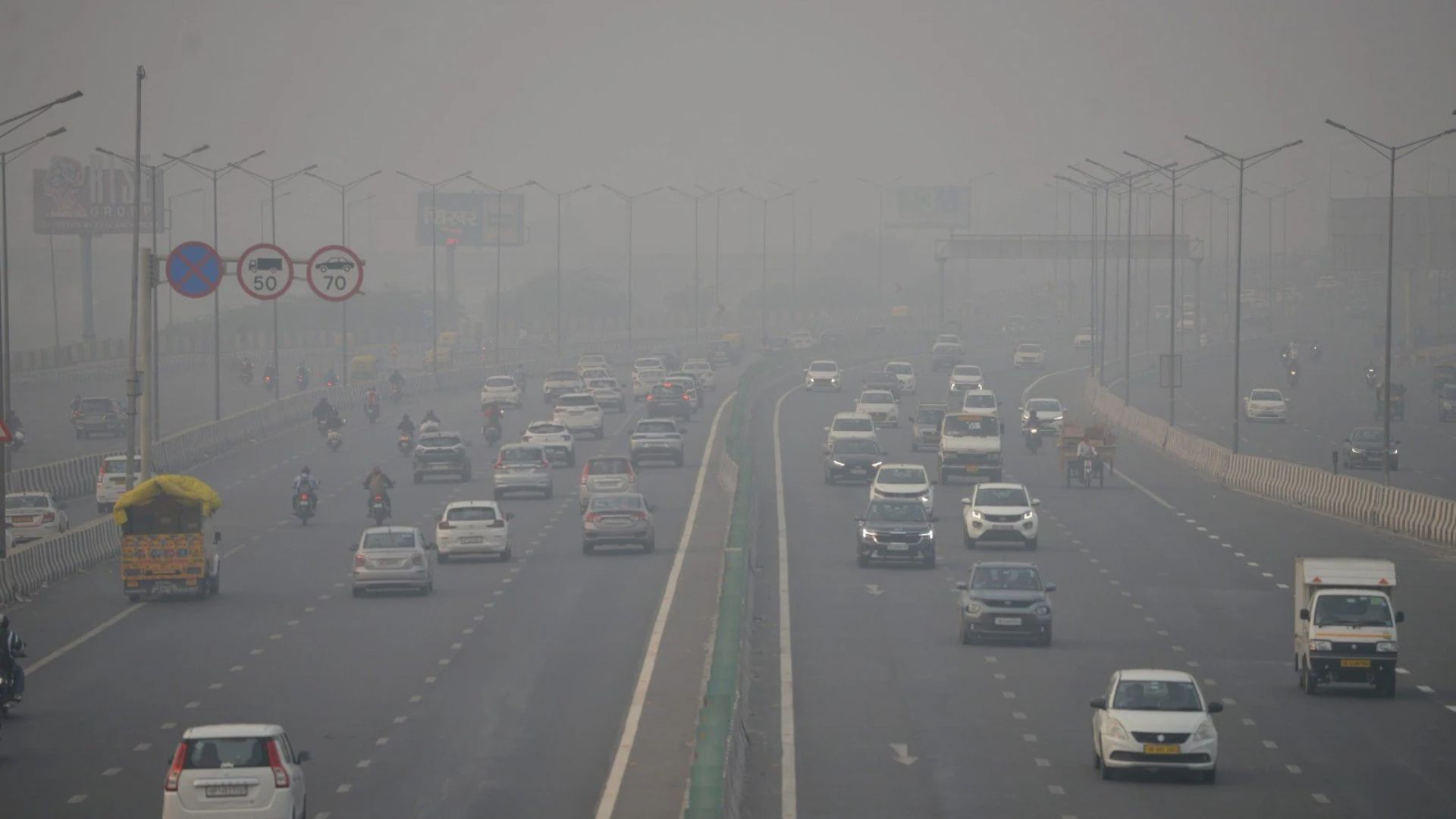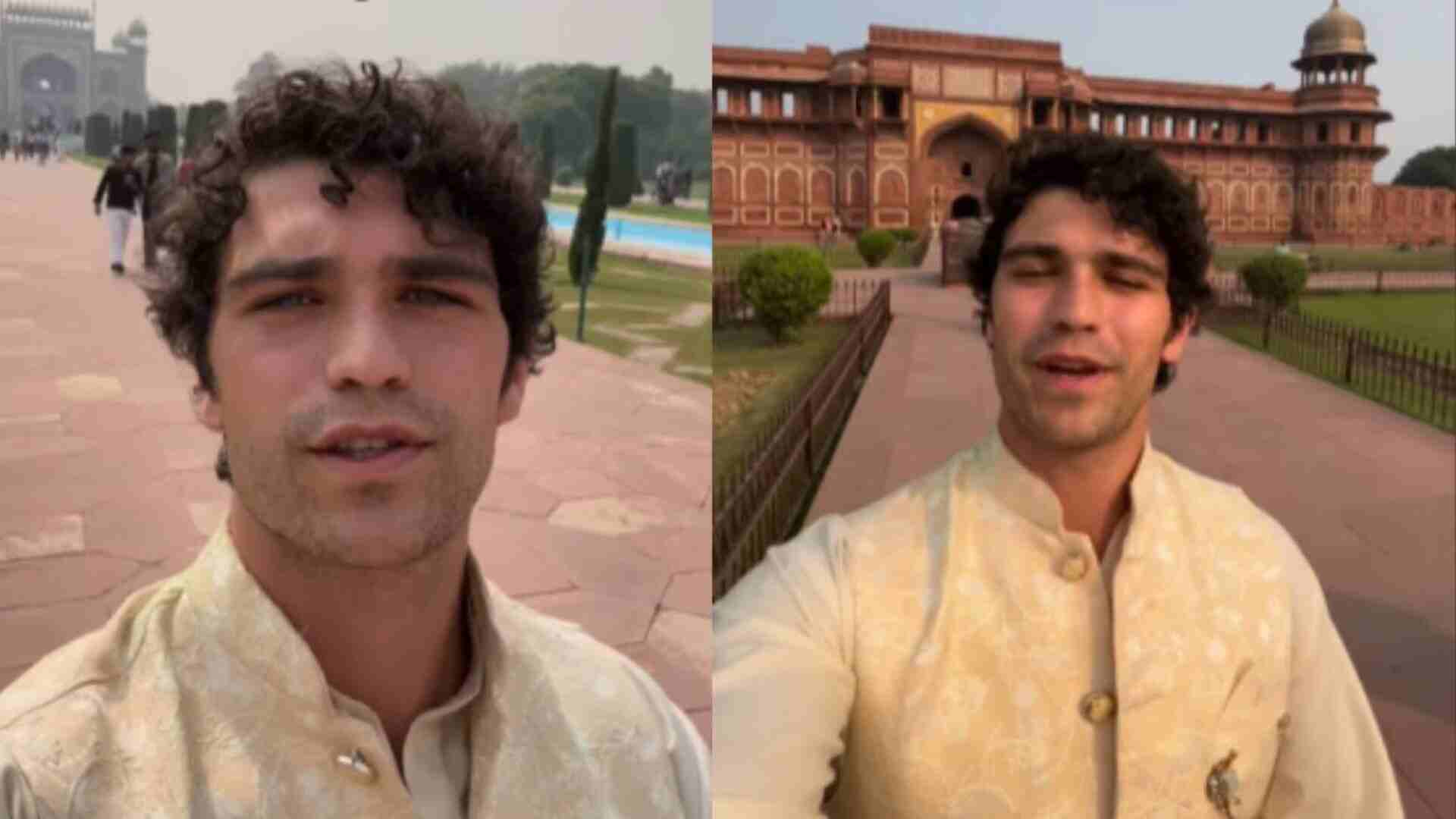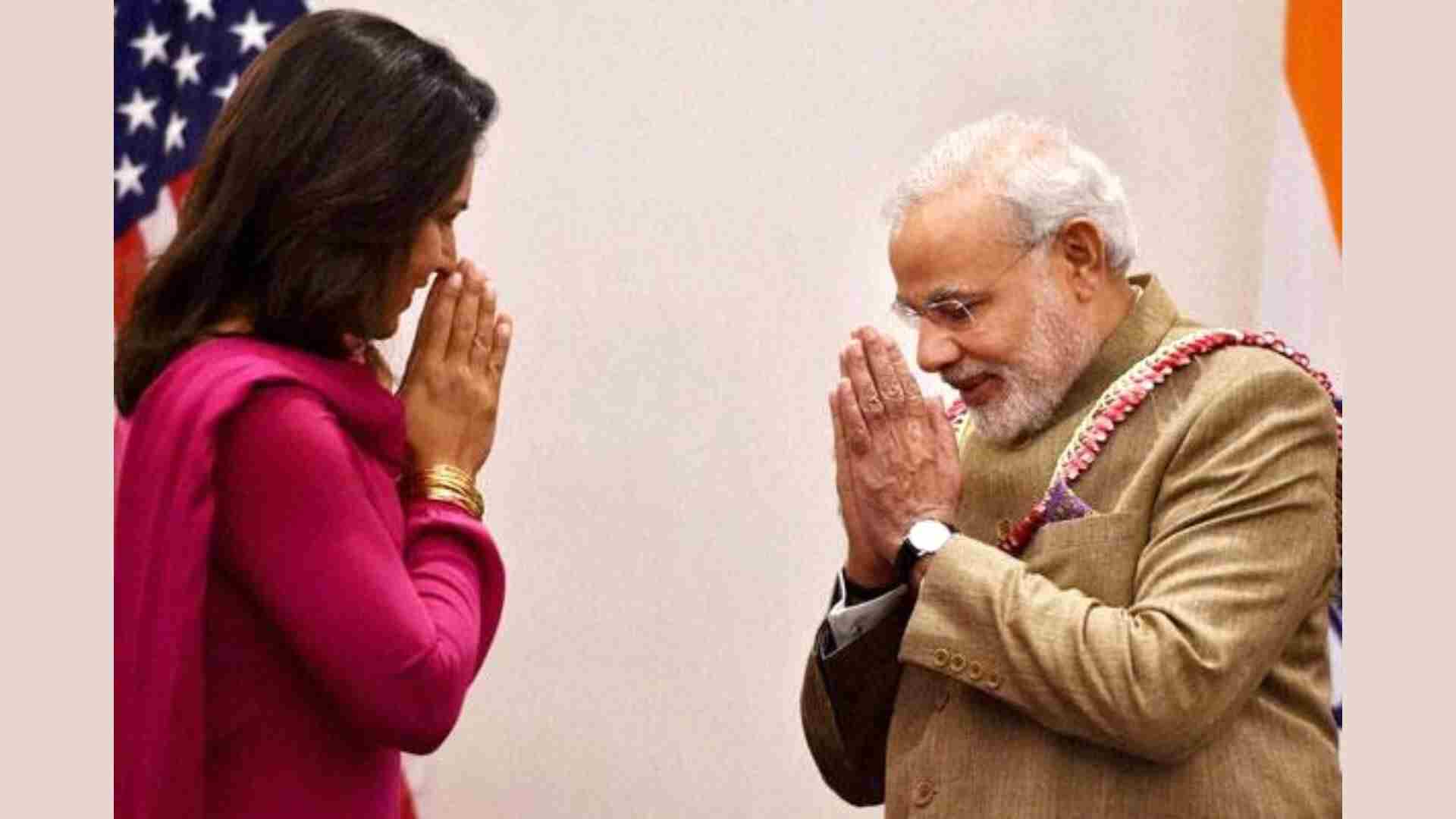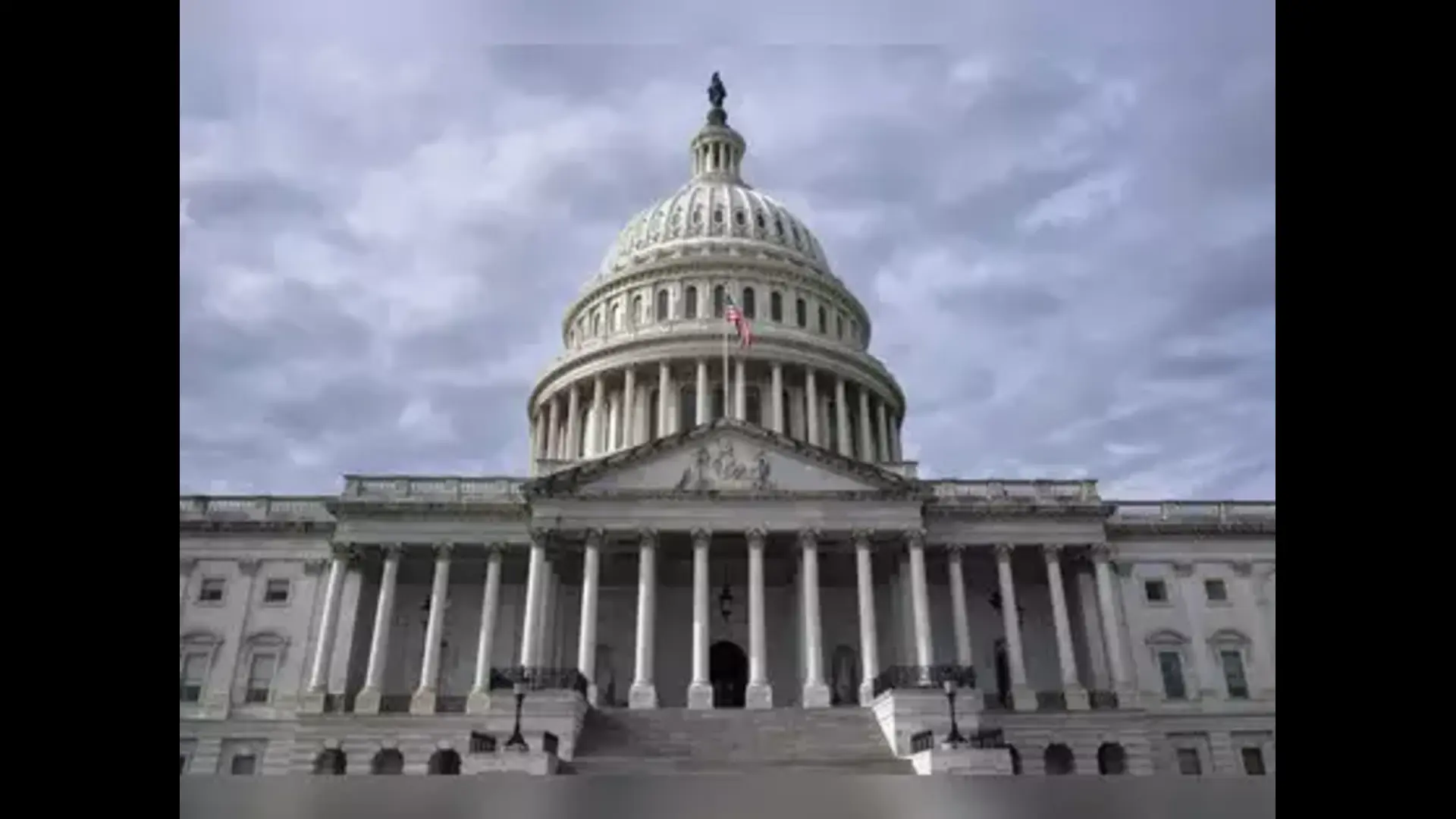
Recently , On April 6th, 2023, the Ministry of Electronics and Information Technology (Meity) in India announced the Intermediary Guidelines and Digital Media Ethics Code Amendment Rules, 2023. The new rules aim to regulate the social media, digital news media, and over-the-top (OTT) platforms in India. The new rules require social media intermediaries to appoint a Chief Compliance Officer, a Nodal Contact Person, and a Resident Grievance Officer in India. These individuals must be residents of India and responsible for addressing user complaints, taking down objectionable content, and ensuring compliance with the new rules. The social media intermediaries must also establish a mechanism for redressal of grievances that is easily accessible to users. The new guidelines aim to regulate the digital media platforms and social media intermediaries in the country. These new rules replace the 2021 Intermediary Guidelines and Digital Media Ethics Code Rules. Under the new rules, social media platforms and digital media platforms must take down any content that is deemed to be unlawful or objectionable by the government or any other authorized agency. These platforms must also identify and remove any content that may have a negative impact on the sovereignty, integrity, or security of the country. Additionally, they must provide assistance to the government in investigations of cybercrimes or other unlawful activities. The government has stated that these new rules are necessary to protect the safety and security of citizens, and to prevent the spread of fake news and misinformation. However, the rules have also been criticized by many for infringing on free speech and stifling dissent. Some have argued that the rules give the government too much power to control and regulate digital media platforms, and that they could be used to silence political opponents or critics. The rise of digital media has revolutionized the way people consume and share information. In recent years, however, concerns have grown about the spread of misinformation, hate speech, and other harmful content online. To address these concerns, governments around the world are increasingly turning to new regulations to enhance the accountability, transparency, and responsibility of digital media companies.
The new rules also require social media intermediaries to publish a monthly compliance report, which details the complaints received and action taken by the platform. The report must also include the number of complaints that have been redressed and those that are pending. The new guidelines seek to empower the government to control and regulate digital media platforms and social media intermediaries, and to ensure that these platforms comply with the law of the land.
In addition to the social media intermediaries, digital news media and OTT platforms are also required to comply with the new rules. Digital news media platforms must follow the journalistic ethics and norms laid down by the Press Council of India and the Programme Code under the Cable Television Networks Regulation Act. OTT platforms must also comply with the Programme Code and the provisions of the Cinematograph Act, 1952. The digital media landscape has been rapidly evolving over the last few years, with new platforms and technologies emerging every day. This growth has been accompanied by a growing concern around issues such as fake news, hate speech, and privacy breaches. As a result, governments around the world are introducing new regulations for digital media in order to enhance accountability, transparency, and responsibility. The new regulations also introduce a code of ethics that digital media platforms will have to adhere to. This code of ethics covers issues such as accuracy, fairness, impartiality, and objectivity. It also covers issues such as hate speech, fake news, and content that is likely to incite violence. By adhering to this code of ethics, digital media platforms will help to ensure that they are promoting responsible behavior and that they are not contributing to the spread of harmful content.
In India, the Ministry of Information and Broadcasting (MIB) recently introduced new guidelines for digital media platforms, social media intermediaries, and Over-the-Top (OTT) content providers. The guidelines aim to bring parity between traditional media and digital media, by introducing measures that promote responsible behavior among digital media players.
The new rules also require digital news media and OTT platforms to establish a grievance redressal mechanism, similar to that of the social media intermediaries. The mechanism must have a three-tier structure, with the first level being the self-regulatory body of the respective industry. If the complaint is not redressed at this level, it will move to the second level, which is an independent body appointed by the government. If the complaint is still not redressed, it will move to the third and final level, which is a government-appointed committee.
While the new rules have been welcomed by some as a step towards regulating the digital space, others have raised concerns over censorship and infringement of free speech. The rules require the social media intermediaries to remove objectionable content within 36 hours of receiving a complaint, which some fear may be used to silence dissenting voices.
Another area of concern is the spread of hate speech and other forms of harmful content online. While free speech is a fundamental right, it is also important to recognize that speech can have real-world consequences, particularly when it incites violence or promotes discrimination. To address this problem, some countries are considering regulations that would require digital media companies to take a more active role in monitoring and removing hate speech and other harmful content from their platforms.
This might include more rigorous content moderation policies, as well as tools for users to report and flag problematic content.
Transparency is another key issue that new regulations seek to address. In many cases, digital media companies have been criticized for their lack of transparency around issues such as data privacy and content moderation. To address this problem, some countries are considering regulations that would require digital media companies to be more transparent about their policies and practices. This might include requirements to disclose how user data is collected and used, as well as more detailed reporting on content moderation practices.
Finally, many new regulations are aimed at enhancing the accountability of digital media companies. In many cases, these companies have grown to become some of the most powerful entities in the world, with vast amounts of user data and enormous influence over public discourse. To ensure that these companies are accountable to the public, some countries are considering regulations that would require greater transparency around ownership and funding, as well as more rigorous reporting requirements for issues such as data breaches and content moderation.
In conclusion, new regulations for digital media are increasingly necessary to address a range of concerns, from the spread of misinformation and hate speech to issues of transparency and accountability. While these regulations will need to be carefully crafted to balance the competing interests of free speech and public safety, they represent an important step towards creating a digital media landscape that is more responsible, transparent, and accountable. Ultimately, the success of these regulations will depend on the willingness of digital media companies to work with policymakers and other stakeholders to address these issues in a meaningful and constructive way. Further the Intermediary Guidelines and Digital Media Ethics Code Amendment Rules, 2023, mark a significant shift in the regulation of social media, digital news media, and OTT platforms in India.
The rules aim to protect the rights of users and ensure compliance with ethical standards, but they also raise concerns over censorship and free speech. It remains to be seen how these new rules will be implemented in practice and how they will affect the digital media landscape in India.

Lecturer O.P Jindal Global Law School, Sonipat, Haryana















